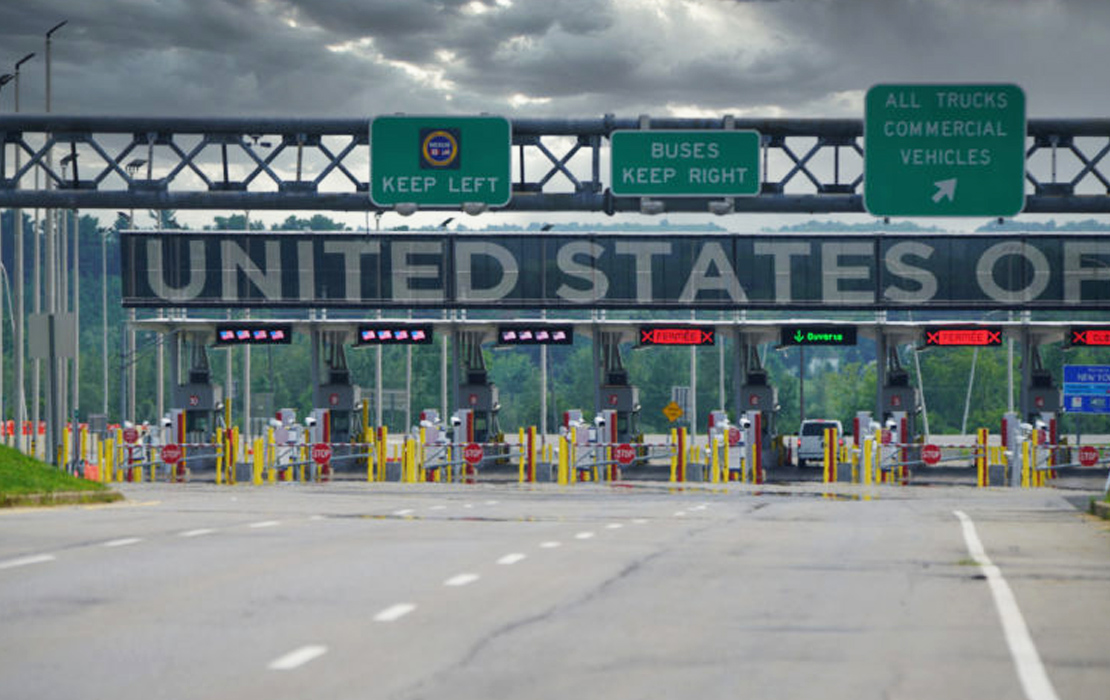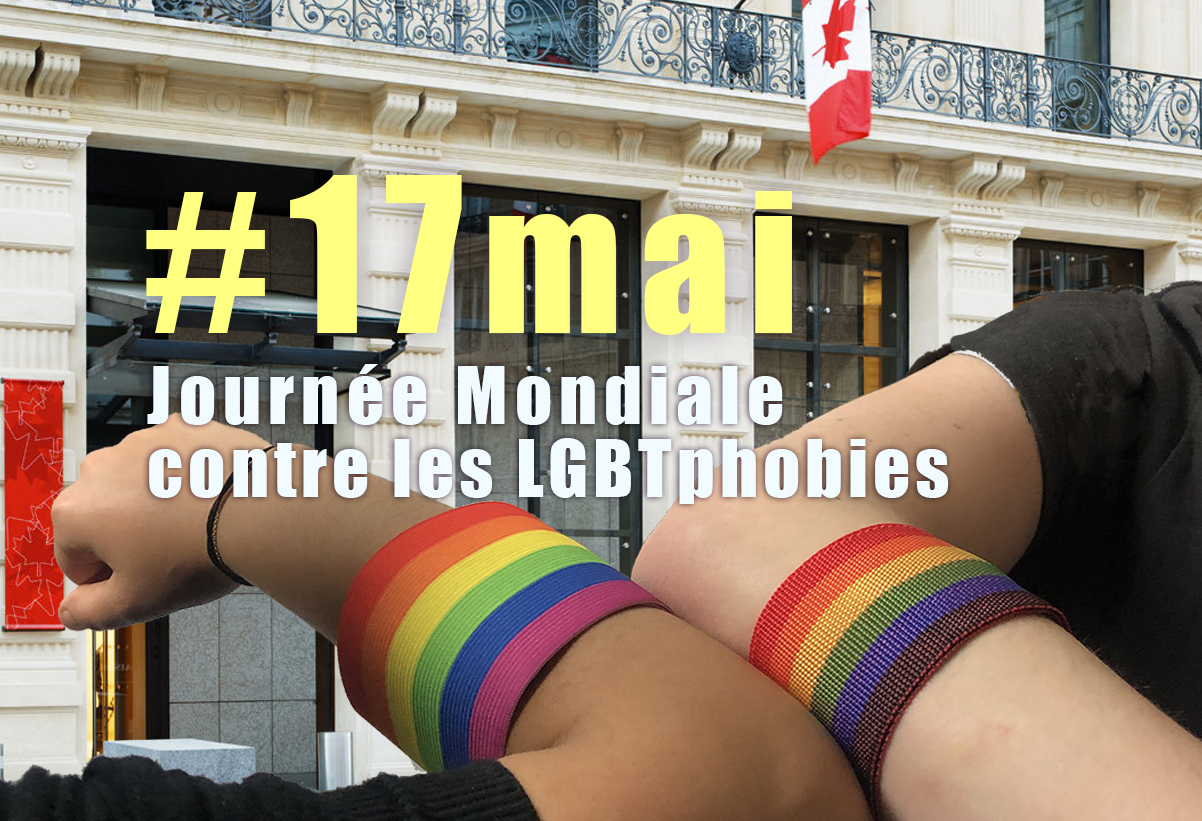>> Luka Magnotta’s notoriety could complicate jury selection for trial over brutal murder of university student
Le procès du Canadien Luka Rocco Magnotta, ancien acteur porno gay accusé d’avoir tué et dépecé un étudiant chinois avant d’envoyer certains de ses membres jusqu’au bureau du chef du gouvernement, a débuté lundi avec le long processus de sélection des jurés.
Un procès qui pourrait-être quelque peu perturbé compte tenu de la « notoriété » de l’affaire.
Luka Magnotta, 32 ans, est accusé du meurtre avec préméditation en mai 2012 de son ancien petit ami Lin Jun, d’outrage à cadavre pour l’avoir découpé, de diffusion de matériel obscène avec la vidéo postée sur internet, d’envoi par courrier de morceaux du cadavre, et de harcèlement vis-à-vis du Premier ministre canadien Stephen Harper et de députés.
Le sordide de l’affaire risque souvent de choquer, a prévenu le juge lundi. Si la vidéo du meurtre en lui-même ne sera pas projetée, le juge a cependant prévenu les candidats jurés que des éléments de preuves « choquants et perturbants pourraient (les) déranger ».
Luka Magnotta a plaidé non coupable pour les cinq chefs d’accusation. Il est accusé d’avoir tué dans la nuit du 24 au 25 mai 2012 l’étudiant chinois Lin Jun avec un pic à glace puis de l’avoir découpé. L’effet Sharon Stone ?
C’est également lui qui est soupçonné d’avoir expédié par la poste à travers le Canada des parties des membres de la victime, y compris au bureau du chef du gouvernement et à des personnalités du parti conservateur au pouvoir.
Le tronc de la victime avait été découvert dans une valise mise aux ordures dans une ruelle de Montréal, près du logement à l’époque de Magnotta, et la tête n’avait été retrouvée qu’en juillet 2012 dans un parc de la ville.
Le lendemain de la date du crime, le suspect avait embarqué sur un vol en direction de Paris. Sa cavale l’avait ensuite conduit en Allemagne où il avait été arrêté 12 jours plus tard à Berlin, avant d’être rapidement extradé au Canada.
Au total, 1.600 jurés potentiels ont été convoqués lundi et les jours suivants, par groupe de 400, en vue de la sélection des 12 membres du jury et deux jurés remplaçants. Ce processus de sélection se déroule en deux temps, le juge Guy Cournoyer entendant d’abord les personnes convoquées qui ont des raisons valables pour ne pas faire partie de ce jury. La sélection finale du jury débutera la semaine prochaine.
Le président a pris soin de préciser aux éventuels jurés quels motifs pouvaient les soustraire à leurs obligations citoyennes, comme par exemple être membres de la magistrature, de la police ou autre excuse médicale.
Un juré potentiel ne pourra par ailleurs pas arguer avoir déjà une connaissance des faits pour se défiler comme c’est généralement l’usage. Le juge Cournoyer a estimé que « la couverture médiatique intense » de cette affaire a forcément donné des éléments sur les faits aux candidats jurés. Ces derniers pourront uniquement se substituer à leurs obligations s’ils ont acquis « une connaissance personnelle des circonstances ailleurs que dans les médias », a expliqué le juge.
La sélection des jurés « est l’étape la plus importante » du procès, a dit l’avocat de Magnotta, Louis Leclair.
« M. Magnotta a ses idées, j’ai les miennes, est-ce qu’on choisit des hommes, est-ce qu’on choisit des femmes? Ce n’est pas facile », a-t-il dit à la presse. « Cela se fait presque d’instinct », a-t-il ajouté, étant donné le peu d’éléments dont il dispose sur les personnes pressenties. Me Leclair dit chercher des candidats « intelligents », « ouverts d’esprit » et qui seront surtout capables d’écouter son client.
Cependant, les jurés devront remplir une condition essentielle pour être retenus: ils devront être parfaitement bilingues en anglais et en français. Les débats se dérouleront en anglais mais parmi la soixantaine de témoins appelés à la barre, certains vont s’exprimer uniquement en français et chaque juré devra entièrement comprendre les dépositions, a souligné le juge.
>> As potential jurors enter a Montreal courtroom Monday for jury selection in the first-degree murder trial of Luka Magnotta, few will encounter a complete stranger in the defendant.
Accused in the brutal murder of Chinese university student Lin Jun, Mr. Magnotta, 32, who changed his name from Eric Clinton Kirk Newman, is already infamous.
Death, for the living, holds a morbid fascination that competes with nobler impulses, and often wins.
Socrates, for example, told the story of Leontius, who was walking near the port in Athens where corpses lay at the site of executions. Gripped by an almost sexual desire to look, Leontius was disgusted with himself and turned away.
“For a while he resisted and covered his face, but finally overcome by his desire, he forced open his eyes, ran towards the corpses, and said, ‘Look for yourselves, miserable wretches. Get your fill of the beautiful sight.’”
This tension, between the thrill of curiosity and the shame of voyeurism, was pulled taut as ever this week as the Islamic State of Iraq and Al-Sham (ISIS) released the second execution video of an American journalist, Steven Sotloff.
The law guarantees him an impartial jury, but with a reputation so widely documented, from internet gossip to international media coverage, it is hard to see how any juror could sit in entirely fair, unprejudiced judgement of such a notorious man.
The problem cuts to the heart of Canada’s jury system, in which pre-trial publicity has often led to suspicions of widespread prejudice, changes of venues, retrials, failed prosecutions, and awkward questions in open court about racism and other biases in the minds of average Canadians.
In the age of the Internet, however, the tainting of a jury pool is getting ever harder to prove, said Steven Penney, a professor of law at the University of Alberta. It is also legally difficult to ask potential jurors anything at all about themselves.
A venue change, for example, would do little to improve fairness for a man from Toronto, who allegedly mailed evidence of his crimes from Montreal to Ottawa, then fled for Paris and was arrested in Berlin, leaving dark impressions on the general public in every place.
Nor is it likely that Quebec Judge Guy Cournoyer could find a panel of jurors who are unaware of elements of Mr. Magnotta’s widely publicized history as a gay escort, porn actor, suspected animal torturer, convicted fraudster, (falsely) rumoured ex-boyfriend of Karla Homolka and international fugitive.
“Given the ease with which information becomes widespread these days, its far less likely that anyone would think a trial which would not be fair in Montreal would be fair if it were held in Quebec City, so challenge for cause [specific questions asked of each potential juror] would be a more likely remedy, I’d bet,” said Steve Coughlan, author of Criminal Procedure and a professor at Dalhousie University’s Schulich School of Law.
FacebookJun Lin was brutally murdered and dismembered in Montreal in 2012. Luka Magnotta has been charged with murder in the case.
A judge may order a trial to be moved if it “appears expedient to the ends of justice,” as for example in the trial of Paul Bernardo, which was moved from St. Catherines to Toronto.
In the Bandido biker trial, on the other hand, a judge refused to change the venue due to pretrial publicity, and contrasted it to the Bernardo case, in which “extraordinarily strong feelings of sympathy for the victims would be expected among the citizens in their local community. The case at bar, though, involves allegations of bikers murdering bikers. Without in any way intending to be disrespectful to the deceased, one cannot infer that the local community would have any strong feelings of sympathy for either the accused or the victims.”
Mr. Magnotta is also charged with committing an indignity to a body, distributing obscene material, and criminally harassing politicians to whom Mr. Lin’s body parts were mailed, including Prime Minister Stephen Harper.
Squeamishness about the details of crime is not enough to excuse a juror, nor is knowledge of what is alleged to have happened. In practice, short of a medical reason or some personal burden, there are rarely any explicit excuses at all.
“Lawyers don’t have a tremendous amount of access to information about each juror anyhow, so it’s a bit of a crapshoot,” said Don Stuart, a professor of law at Queen’s University.
luka-magnotta.comLuka Rocco Magnotta seen in a photo from his website.
In first degree murder trials, both Crown and accused are allowed 20 peremptory challenges — in which they may reject a potential juror, with no reason given — but in this case there will be 22, because 14 jurors are to be picked, with two alternates, rather than the usual 12.
The Supreme Court has stated criminal trials begin with the presumption that jurors are able to set aside their own opinions and act impartially based on proper instruction. As a result, investigating their prejudices by asking questions is rare and difficult.
In Bernardo, the judge allowed potential jurors to be asked asked eight questions about what they knew, felt, and believed about the case, and whether they thought they could judge it impartially.
More frequently, judges refuse, as for example in 2011, when a Nova Scotia court denied a request, from a man charged with soliciting sex from an underage person, to ask jurors, among other things, whether they had “strong feelings of disapproval for those persons who, as part of their sexual orientation, prefer to have sex with prostitutes.”
“It’s rather difficult to get a challenge for cause for pretrial publicity,” said Prof. Stuart. “I think [judges] are just generally a little loath to let that happen. I don’t know if the extraordinary nature of this offence or publicity makes a difference.”
An accused does not have the right to a favourable jury
The precedent on that is the case of Anthony Robert Sherratt, who was convicted of killing a pimp named Tommy T in Winnipeg, and the search for the body in landfills was given intense media coverage.
His counsel prepared 11 questions to ask of each potential juror, but was refused by the judge, lost on appeal, and ultimately lost at the Supreme Court in 1991.
“An accused does not have the right to a favourable jury and the selection procedure cannot be used to thwart the representativeness that is essential to the proper functioning of a jury,” the top court ruled.
AFP et National Post


















